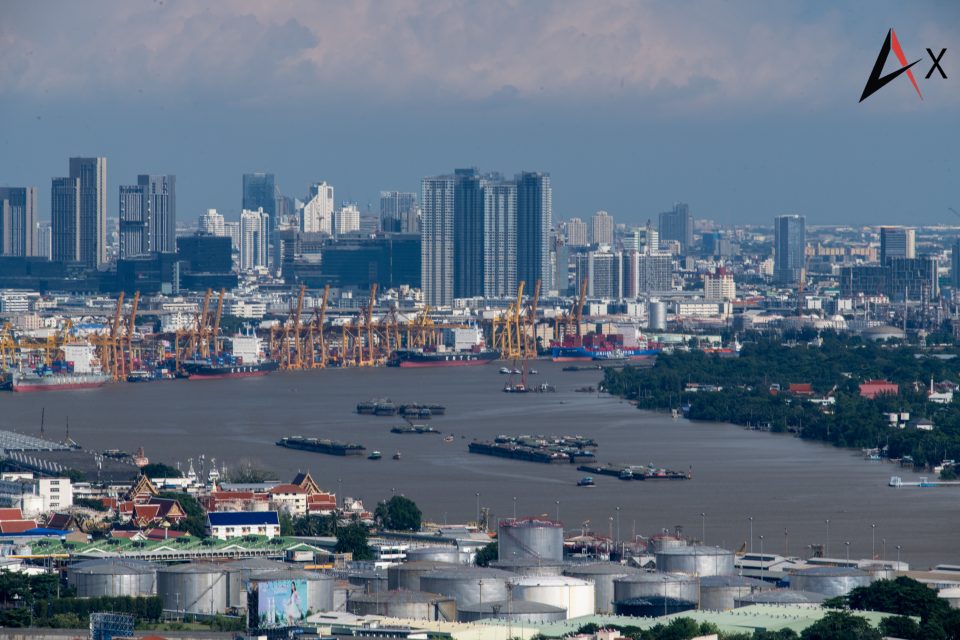Importers in the United States have temporarily suspended their orders as they await clearer guidelines following the implementation of reciprocal tariffs affecting many trading partners, including Thailand, according to the Thai Chamber of Commerce.
Poj Aramwattananont, the chamber’s chairman, indicated that neither Thai exporters nor U.S. importers are certain about who will shoulder the increased costs associated with the tariffs. Typically, the burden falls on importers since the levies stem from U.S. policy. However, exporters are also concerned about potential disruptions to orders scheduled for April and May, as well as the status of goods currently in transit.
The White House has stated that the reciprocal tariffs, which are 36% in the case of Thailand, will apply to all U.S.-bound shipments that are not loaded in the country of origin by April 9, the date they were enacted. The chamber noted that a similar timeline was in place when a 10% baseline tariff took effect on April 5, requiring shipments to reach the U.S. by May 27 to avoid additional tariffs.
This prevailing uncertainty has caused a slowdown in exports, especially for Thai exporters trying to continue their sales to the United States. Mr. Poj emphasized that negotiations are critical to moving forward.
“Most Thai exporters are anxious, particularly about transactions that were previously agreed upon at fixed prices. There is uncertainty surrounding their ability to fulfill these orders,” he explained. “The 36% tariff announced by President Donald Trump on Thai goods could lead to increased consumer prices in the U.S., reduce purchasing power, and affect future orders.”
He noted that the tariffs have created uncertainty regarding the potential damage to Thai exports, with ongoing concerns about the viability of sending existing inventory to the U.S. and the timing of new orders.
Mr. Poj expressed that the private sector appreciates the government’s five-point plan to address the new trade policies introduced by Trump, as it aligns with proposals discussed by the business community since the new U.S. president took office.
He highlighted key areas for government intervention, including addressing non-tariff barriers such as agricultural hygiene standards and legal trade impediments. Furthermore, there is a need for stricter enforcement of rules of origin to prevent transshipment fraud, ensuring that goods genuinely originate from Thailand.
He noted that the Department of Foreign Trade has already tightened regulations on 49 critical product categories.
To tackle these challenges effectively, Mr. Poj proposed the establishment of a “Team Thailand” led by the prime minister, consisting of relevant government agencies and representatives from the private sector. This collaborative team would analyze and address trade challenges not only with the U.S. but on a global scale, delegating tasks to subcommittees for specific issues as necessary.
He added that separate negotiation teams could be created to focus on specific topics. The U.S. is particularly interested in seeing Thailand import goods from four key sectors: energy, agriculture and food, airplanes, and weaponry. Each negotiation will involve trade-offs, and sectors adversely affected may require compensation or support, he said.





